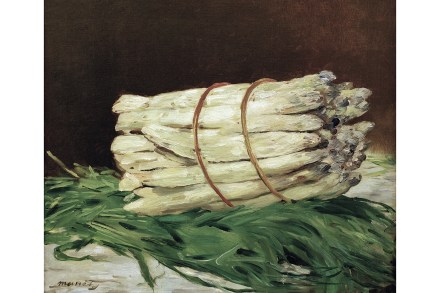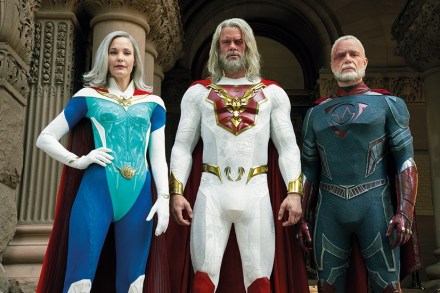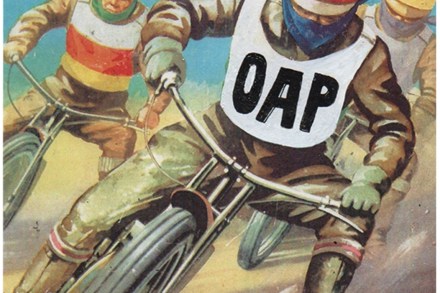Leo McKinstry, Emily Hill and Daisy Dunn
19 min listen
On this week’s episode, Leo McKinstry starts by arguing that having to sell the family home to pay for social care is not an injustice. (00:50) Then, Emily Hill reads her piece. She’s not looking forward to the return of hugging. (08:00) Daisy Dunn finishes the podcast by examining the underappreciated art of asparagus. (12:30)





















